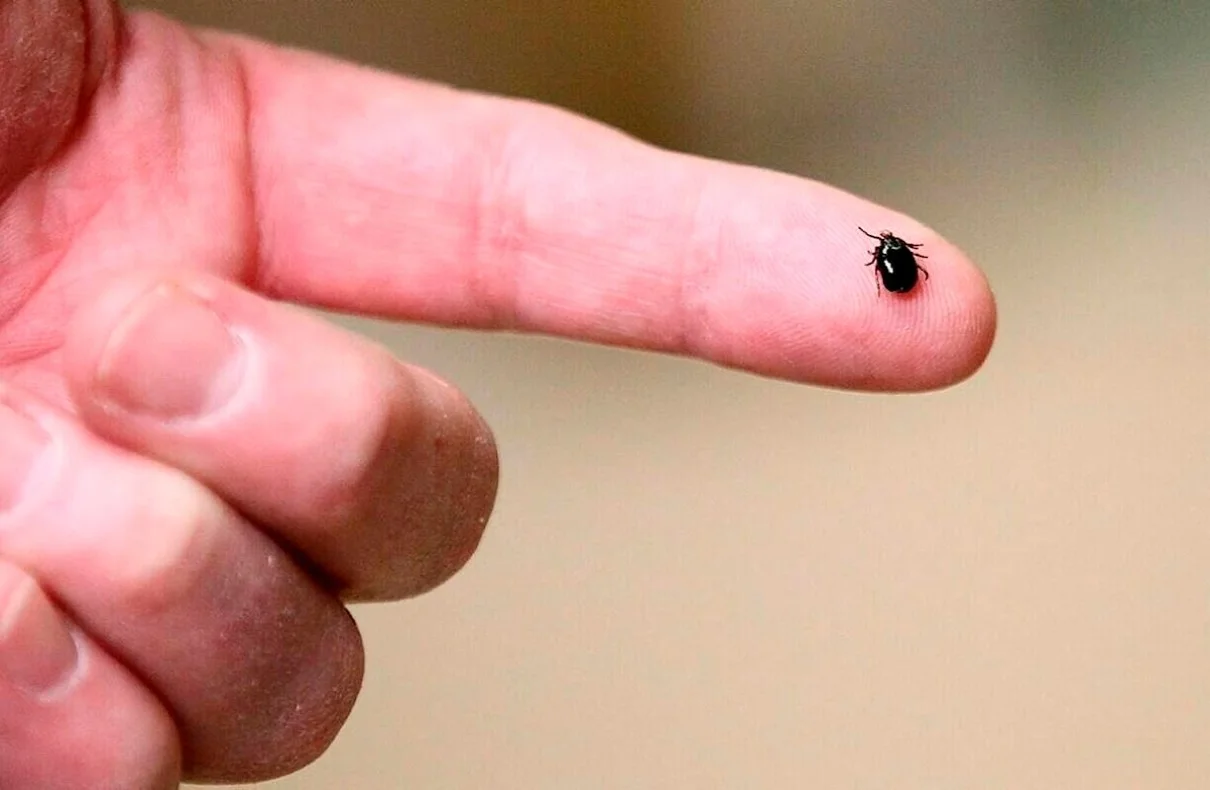The joy of soaking up the sun during the warm season can sometimes be tainted by uninvited guests – ticks. Experts have noted an increase in tick activity in Missouri and a small percentage of these ticks are known carriers of diseases.
Deb Hudman, a representative from the Missouri Department of Conservation, shares that there’s a noticeable increase in tick activity this year.
She states:
“Every year is a good year for ticks. Their numbers aren’t declining by any means.”
In Missouri, there are four common types of ticks. However, invasive Gulf Coast Ticks and Asian Longhorn Ticks have also been found in the region.
Ticks are highly adaptable and can feed on various species.
“Ticks only move as far as their host,” Hudman explains.
This implies that the tick population can spread quickly, depending on their host’s range of movement.
Ticks are not merely a nuisance. They can carry diseases such as Lyme disease, Ehrlichia, and even Rocky Mountain Spotted Fever. Dr. Rob Poirier, Clinical Chief of Emergency Medicine at Barnes Jewish Hospital, emphasizes that the symptoms of these diseases might not show immediately after a tick bite.
“The symptoms people have can occur up to two days to two weeks later,” Dr. Rob Poirier explains.
The most common symptom is a rash, but severe symptoms like fever, chills, headaches, and altered mental status can also manifest. In some cases, a tick bite can even cause paralysis.
The warm weather could be contributing to the increased tick activity. Warm temperatures may cause ticks to emerge earlier than in previous years.
Preventing tick infestation starts at home. Hudman suggests frequently cutting your grass to reduce the number of ticks in your yard.
“Ticks are susceptible to desiccation,” Hudman explains. “The more they have access to the sun, dry heat, and have nothing to hide under then they’re more likely not to survive.”
For those who work outside, experts recommend spraying clothes with permethrin. However, it’s essential to let it dry out in a safe place as it can be harmful to cats when wet.
Despite the potential threats ticks pose, Hudman believes the risks should not deter people from enjoying outdoor activities.
“The benefits of going outside looking for morels, bird watching, or whatever you’re doing far outweighs the risks of tickborne diseases,” Hudman reassures.
